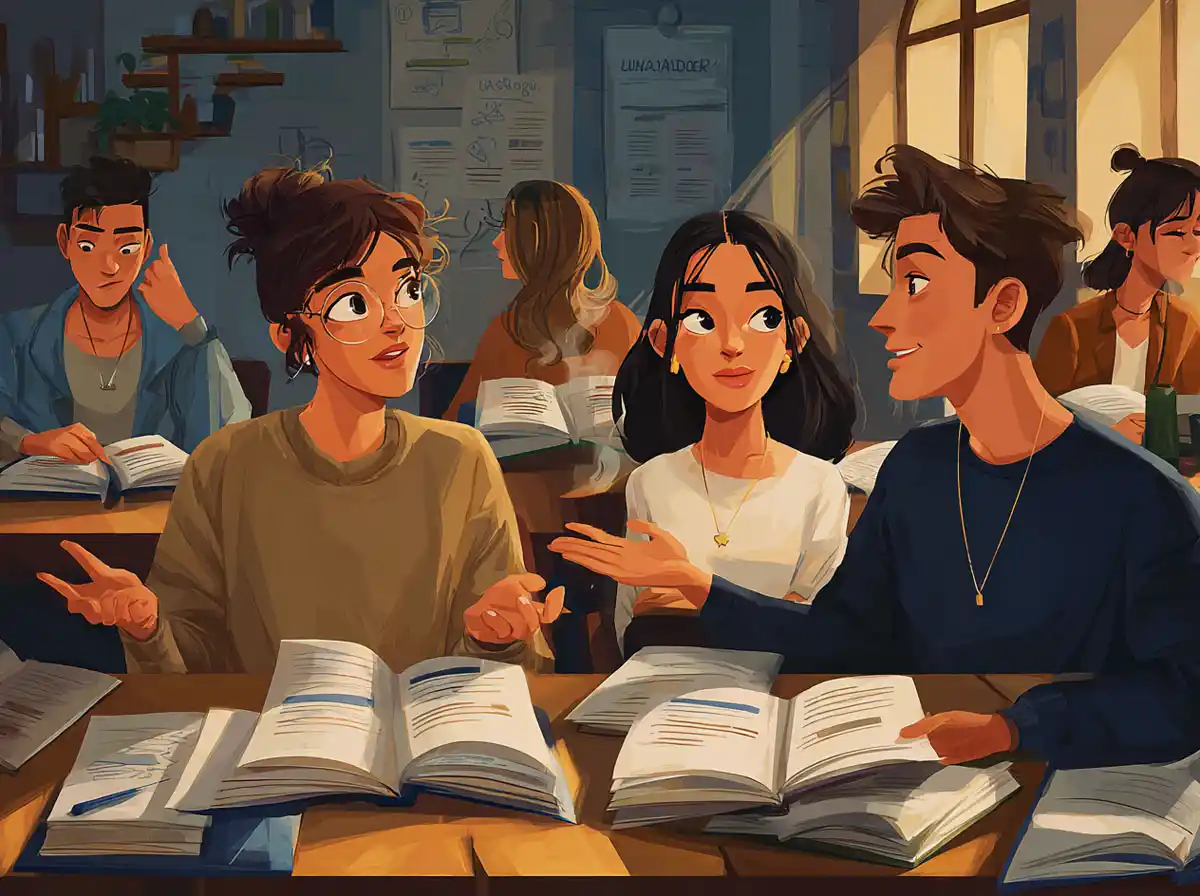Televízia (Television)
Televízia – Television. This word refers to the medium of broadcasting video content to a wide audience via TV sets.
Pozeráme sa na televíziu každý večer.
Relácia – Show. This term is used to describe a television program or series.
Mám obľúbenú reláciu, ktorú sledujem každý týždeň.
Seriál – Series. This word refers to a TV show that is divided into multiple episodes.
Nový seriál má desať epizód.
Epizóda – Episode. This term refers to a single installment of a series.
Videl som poslednú epizódu včera večer.
Správy – News. This word is used to describe news programs broadcasted on television.
Každý večer pozeráme správy.
Dokumentárny film – Documentary. This term refers to a non-fictional television program that provides factual information about a particular subject.
Milujem sledovať dokumentárne filmy o prírode.
Reklama – Commercial. This word describes advertisements shown during TV programs.
Počas relácie bolo veľa reklám.
Television offers continuous exposure to the language in a variety of contexts. Watching TV shows, news broadcasts, and documentaries can provide real-life language use, including colloquial expressions and regional accents. The episodic nature of TV series allows for regular practice, and the visual context helps with comprehension.
Film (Movie)
Film – Movie. This word refers to a motion picture or a feature-length film.
Videli sme nový film v kine.
Kino – Cinema. This term refers to a place where movies are shown.
Ideme do kina každý víkend.
Herec – Actor. This word describes a male performer in a movie.
Obľúbený herec hrá v tomto filme.
Herečka – Actress. This term refers to a female performer in a movie.
Tá herečka hrá hlavnú úlohu.
Réžia – Direction. This word is used to describe the process of directing a film.
Réžia tohto filmu bola vynikajúca.
Scenár – Script. This term refers to the written text of a film, including dialogue and instructions.
Scenár bol napísaný veľmi dobre.
Žáner – Genre. This word describes the category or type of a film, such as comedy, drama, or horror.
Mám rád filmy v žánri komédie.
Premiéra – Premiere. This term refers to the first public showing of a movie.
Premiéra filmu bola veľmi úspešná.
Watching movies can be a great way to immerse yourself in the Slovak language. Films often feature more polished and scripted dialogue compared to television shows, which can be beneficial for learning formal language structures. Additionally, movies provide cultural insights and can introduce you to Slovak literature, history, and social issues.
Comparing Television and Movies
When deciding between watching television or movies to improve your Slovak, consider the following factors:
Čas – Time. Television series are usually shorter in duration compared to movies, making them easier to fit into a busy schedule.
Nemám veľa času, takže radšej sledujem televízne seriály.
Rozmanitosť – Variety. Television offers a wide range of content, from news to reality shows, providing diverse language exposure.
Televízia ponúka rozmanitosť programov.
Kontext – Context. TV shows often provide ongoing storylines and character development, which can help with understanding context and vocabulary.
Sledovanie seriálu mi pomáha lepšie pochopiť kontext.
Kvalita – Quality. Movies generally have higher production values and more carefully crafted dialogue, which can be beneficial for learning formal language.
Filmy majú často vyššiu kvalitu produkcie.
Kultúra – Culture. Both mediums offer cultural insights, but movies can provide a deeper exploration of Slovak culture and history.
Filmy nám môžu ukázať viac o slovenskej kultúre.
Practical Tips for Language Learners
To maximize your language learning, follow these practical tips:
Titulky – Subtitles. Watching with Slovak subtitles can help you catch new words and phrases while understanding the context.
Sledujem filmy s titulkami, aby som sa naučil nové slová.
Opakovanie – Repetition. Rewatching episodes or scenes can reinforce vocabulary and improve comprehension.
Opakovanie epizód mi pomáha lepšie si zapamätať nové slová.
Pauza – Pause. Don’t hesitate to pause and replay parts of the show or movie to understand difficult sections.
Často pauzujem film, aby som lepšie pochopil dialógy.
Poznámky – Notes. Keep a notebook handy to jot down new vocabulary and phrases.
Robím si poznámky počas sledovania filmov.
Diskusia – Discussion. Talk about what you watched with a language partner or tutor to practice speaking and deepen your understanding.
Diskutujeme o filmoch s mojím jazykovým partnerom.
In conclusion, both television and movies have their own unique benefits when it comes to learning Slovak. Television offers regular, varied exposure to the language, while movies provide high-quality, culturally rich content. By incorporating both into your language learning routine, you can enhance your skills and enjoy the process of learning Slovak.










